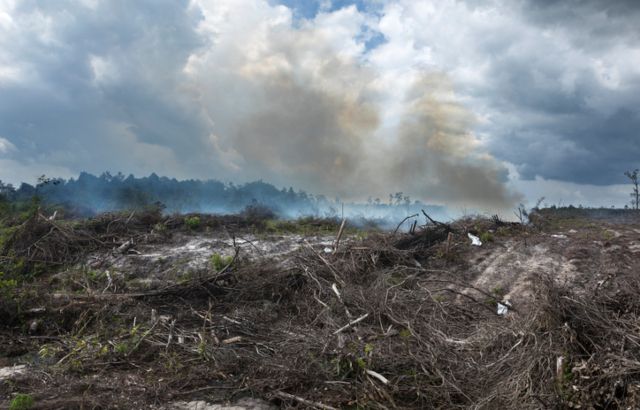Higher-scoring and sustainable palm oil businesses have outperformed their lower-scoring counterparts, demonstrating the business case of environmental, social and governance (ESG) companies in the sector, a study said.
The report stated that the “positive business case for producing, procuring and financing sustainable palm oil has never been clearer”.
The Zoological Society of London (ZSL), a charity devoted to the worldwide conservation of animals and their habitats, commissioned an analysis of its Sustainability Policy Transparency Toolkit (Spott) assessment scores and financial performance data.
Spott scores palm oil, natural rubber and tropical forestry companies annually on over 100 sector-specific indicators, including on public disclosure of companies’ operations, policies and practices related to key ESG issues.
The study looked at the opportunities of sustainable palm oil production and risks of unsustainable production to understand the business case for palm oil sustainability.
Of the palm oil companies assessed by Spott, those which showed stronger disclosure on sustainability criteria of their operations clearly outperformed those with weaker disclosure over a five-year period from 2014.
While more transparent companies addressing ESG issues can benefit from reduced regulatory scrutiny, decreased operational costs and better corporate reputation, companies failing to address these face “significant financial, operational, reputational and regulatory risks”, the report explained.
Outperformance
The study compares the Spott assessment scores and engagement levels of listed palm oil companies with total return metrics between the 10 highest and lowest-scoring listed companies, and between those scoring in the top vs the bottom half of the listed company ranking.
These results were used to produce indices using a market-cap weighting.
The index values (y-axis) show that the higher-scoring companies on Spott outperformed the lower-scoring ones over the five-year period to end-September 2019, on a total return basis (see graph below).

Source: SPOTT, Palm oil: A business case for sustainability
On an individual company level, comparing annual returns for the top and bottom five listed Spott palm oil companies from 2016-2019, the research shows a mixed result.
However, it found that the overall trend indicates that high-scoring companies had more ‘winning years’ and fewer ‘losing years’ than the low-scoring companies, which could suggest they may have lower levels of volatility and more consistent returns, it said.
The study links the underperformance to negative feedback loops of unsustainable practices.
“Less responsible companies are not only at risk of supply chain exclusion, but also exclusion from investment portfolios,” the study said.
It cites a 2019 Chain Reaction Research report, saying that four palm oil companies which had been suspended from multiple buyers’ supply chains for No Deforestation, No Peat, No Exploitation (NDPE) non-compliance underperformed, on average, against benchmark indices.
Companies failing to implement NDPE commitments are therefore increasingly putting their own revenue at risk through market exclusion, the study suggested.
It also cites research by consultancy firm Climate Advisers.
The company found that a palm oil producer equity index, the Climate Advisers Better Palm Oil Index, serving globally traded stocks of Roundtable on Sustainable Palm Oil (RSPO) members, outperformed a regular oil plantation index, the FTSE Bursa Malaysia Asian Palm Oil Plantation Index (USD), by 6% over five years, and non-RSPO members by 24.7% from 2012 to 2019.
Background
Global forest loss is at an all-time high, with an estimated 3.6 million hectares of primary rainforest destroyed in 2018, the ZSL study said, and palm oil development is one of the key drivers of tropical forest loss.
While the analysis points to correlations between outperformance and sustainability, and not direct causation, ZSL says that the financial outperformance should provide a strong incentive for palm oil companies to immediately strengthen their sustainability practices to ensure a long-term future.
Eugenie Mathieu, senior SRI analyst at Aviva Investors, commented: “To reduce the palm oil sector’s contribution to this [climate] crisis, its impacts on the world’s forests must be addressed with urgency.
“To do so, Aviva engages with investee palm oil companies to push for best-practice implementation.”







